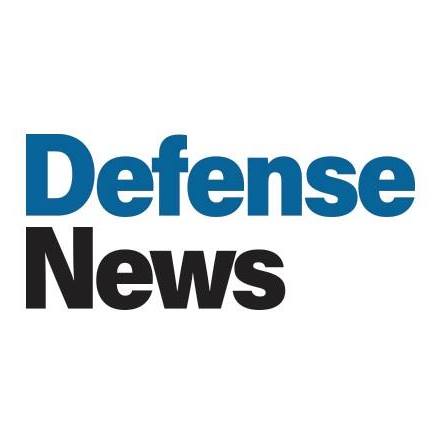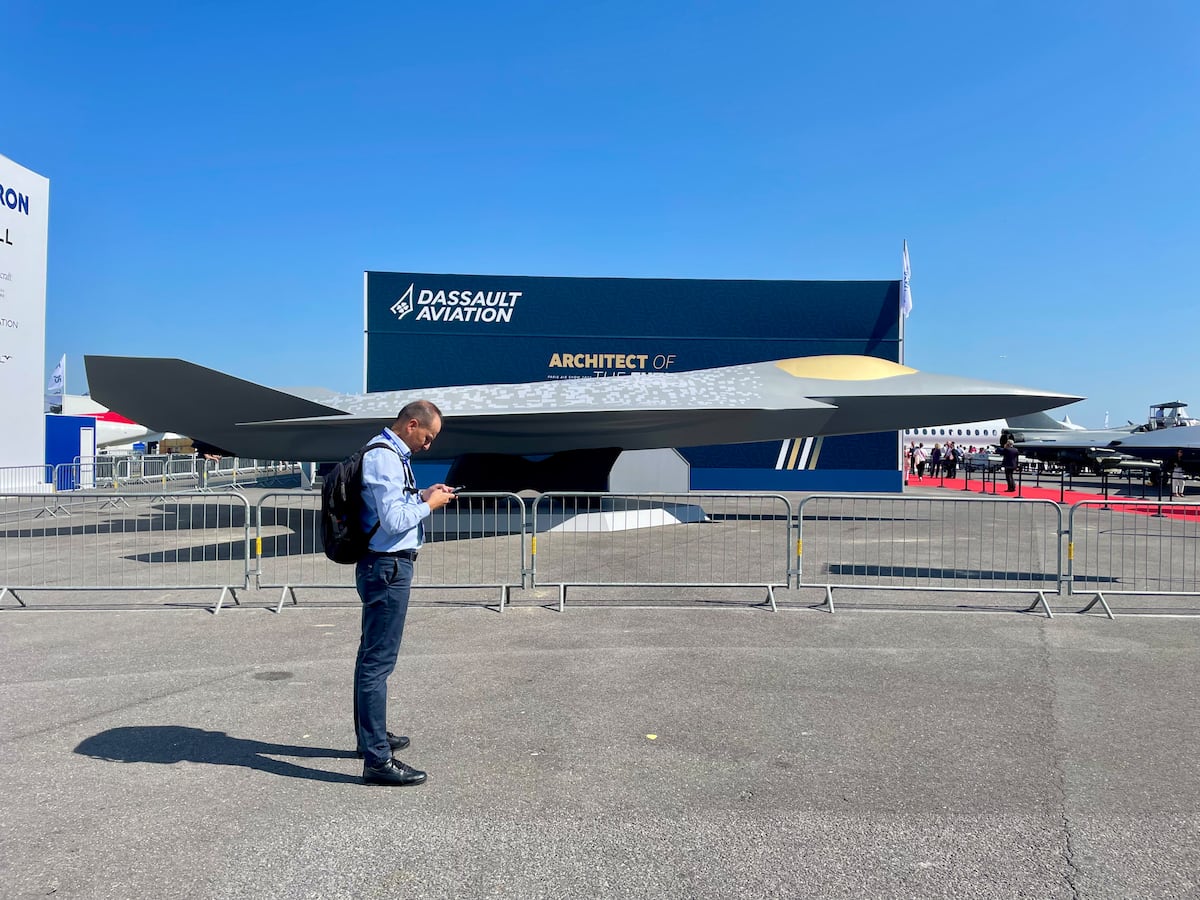



COLOGNE, Germany — A push by French warplane maker Dassault Aviation to raise its profile in the Future Combat Air System program is bringing new turbulence to the French-German-Spanish effort, according to news reports.
The prospect of increasing Dassault’s workshare responsibility for some parts of the program to 80% vis-a-vis Airbus Defence and Space, the industrial counterpart representing Germany and Spain, risks opening fresh wounds in a program sustained mostly by the political will of Sebastien Lecornu and Boris Pistorius, the French and German defense ministers, respectively.
Reports about a formal redistribution of influence in the program’s main combat aircraft prong first surfaced on Sunday in the German defense publication Hartpunkt, followed by a report on Monday by Reuters.
The FCAS program aims to field sixth-generation replacement warplanes for France’s Rafale and Germany’s Eurofighter aircraft sometime in the 2040s, with date in the middle of that decade now seen as the most realistic.
The weapon will consist of combat jet at its center, accompanied by drones for strike, surveillance and electronic warfare that can be flexibly tasked by pilots in-flight. The setup is meant to be powered by what officials have dubbed a combat cloud, the proverbial brains in charge of sensor fusion and command-and-control.
Defense companies from France, Germany and Spain have been cooperating for years on various aspects of the futuristic weapon, trading responsibilities across borders among the sub-projects, with France deemed the overall lead of a roughly 50-50 arrangement.
The one pairing that has consistently led to problems is the cooperation between Dassault and Airbus in designing the main fighter’s features.
Dassault boss Eric Trappier has repeatedly telegraphed that he has little appetite to cede any authority to Airbus, arguing that the French company’s cradle-to-grave warplane expertise, paid for by unrestricted exports to countries of Paris’ choosing, must remain unquestioned as a matter of national security.
Airbus, by design a multinational company rooted in European cooperation, wants to preserve its own military aircraft know-how, which supports jobs across the continent as part of a sizable footprint of Eurofighter-associated industries.
On Monday, a German defense ministry spokesman pointed to an existing government-level agreement that had struck an equilibrium between Airbus and Dassault stakes, suggesting there had been no official intervention by Paris to move the needle.
Trappier told French lawmakers in late June that the upcoming Phase 2 of the FCAS program, aimed at building a demonstrator plane, requires a re-evaluation of the roles set in the the design-focused previous phase.
Actually making the whole “cake,” Trappier said, referring to the aircraft, would require a single leader equipped with the authority to pick subcontractors.
“This does not mean that all the work must be done in France, but that we must be able to choose the best to make the best aircraft,” Trappier said.
Rudy Ruitenberg in Paris contributed to this report.
Sebastian Sprenger is associate editor for Europe at Defense News, reporting on the state of the defense market in the region, and on U.S.-Europe cooperation and multi-national investments in defense and global security. Previously he served as managing editor for Defense News. He is based in Cologne, Germany.
